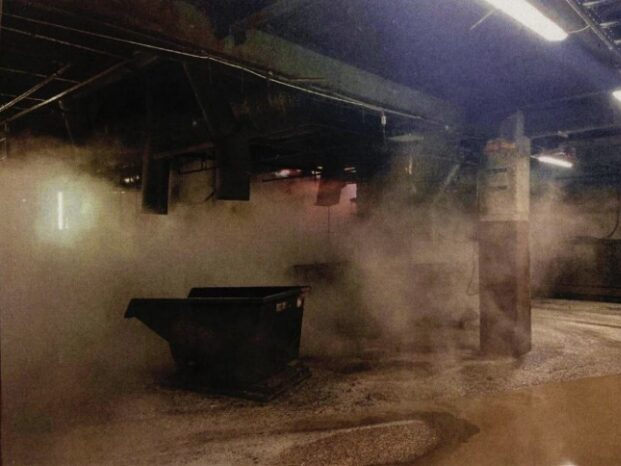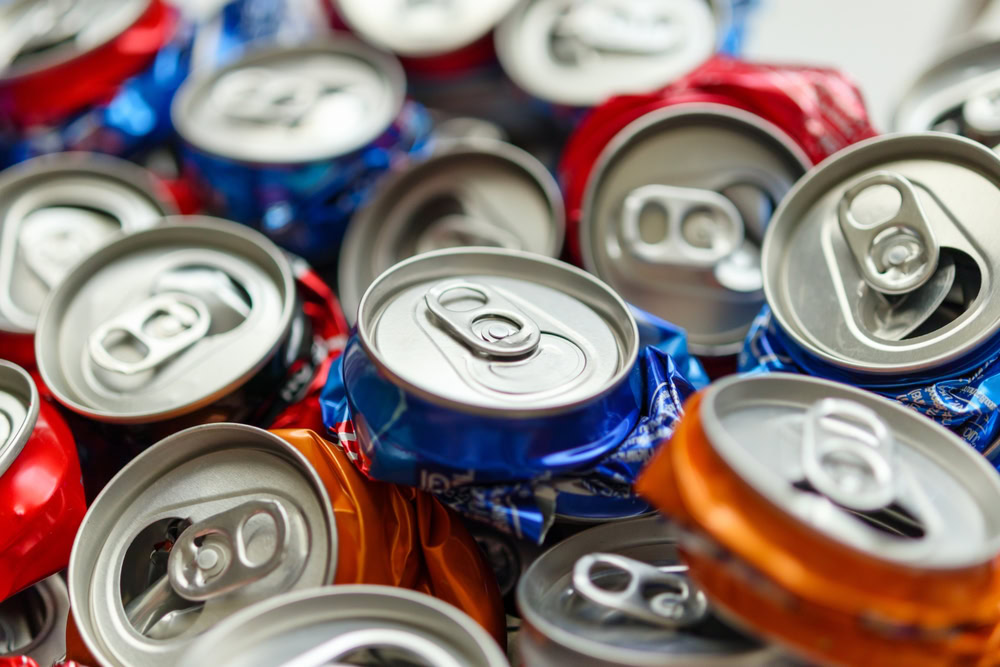Despite producing a large volume of waste glass, around 90% of glass produced by businesses is currently landfilled and the glass recycling sector, as well as Defra and WRAP, are keen to improve this figure.
From today, Premier will supply customers with a waste container based on the volume of glass they use and suited to the location of their premises. The largest container supplied by the company being a 660 litre bin.
Glass is collected commingled from the site in order to save time for staff but it is then separated into different colour streams by Premier at its Perth transfer station before being sold to third parties for remelt applications.
Adrian Denton, divisional director: collection and sales at Premier, said: “We realised that staff at pubs and clubs are very busy and need to concentrate on serving people. So separating brown, green and clear glass bottles into different containers is the last thing on their mind, but these businesses do want to recycle. We have made it easy for them, all the glass goes into one container.”
The company said that it could not divulge the cost of the service for “commercially confidential purposes” but stressed that it was cheaper than licensed premises sending the material to landfill for disposal.
Importance
The issue of commercial glass collection is becoming of increasing importance to the waste and recycling sector, and some local authorities, such as North Lincolnshire council and Chichester district council, have introduced services for businesses.
In its Packaging Strategy published in June, Defra said that commercial glass would be an increased area of focus for the glass sector over the next ten years and stated: “Work on glass will aim to increase collection rates from commercial and industrial sources (pubs, clubs, restaurants etc), through voluntary agreements”.
And, the Waste & Resources Action Programme (WRAP) in its most recent publication on the topic, ‘Publicans guide to glass recycling', outlined that around £9 million worth of glass is wasted each year from the commercial sector mainly due to a “lack of access” for commercial glass recycling services.
The study claimed that there was widespread interest from traders in running collection schemes but it would be difficult without a coordinated programme involving other premises or the local authority involvement.








Subscribe for free